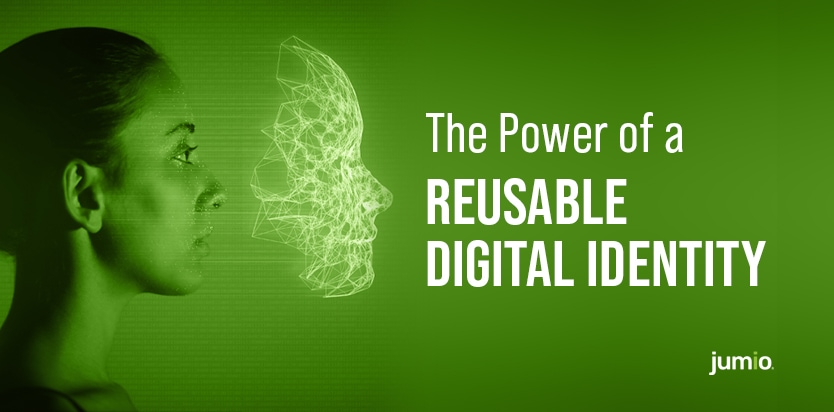
In the past decade, “digital identity” has simply referred to uploading a digital copy of your driver’s license, passport or other identification document (ID). Identity verification solutions use these digital snapshots to help businesses know and trust their customers online.
But these snapshots have some flaws.
First, it’s easy for fraudsters to digitally manipulate these IDs using photo editing software. Criminals can easily buy photos of IDs on the dark web, make a few edits and then pass them off as their own.
Second, it requires consumers to share more information than is necessary. For example, if you need to present your ID to prove you’re old enough to access a gambling website, you might not want to share your full legal name, address and date of birth with the company — you just want them to see what they need, which is that you’re not a minor.
Third, it’s time-consuming to have to take a picture of your ID every time you want to open an account online. And if you’re in low-light conditions or only have a low-resolution webcam, or if you have trouble holding the ID steady, the software might reject the snapshot.
As a result, the definition of digital identity has evolved to mean a truly digital-native, reusable set of information about you that you control and only share as needed. A digital identity is much more secure and a lot harder for fraudsters to fake. It allows consumers to share only the details they need with a business and to unshare it at any time, giving them complete control over their private information. And because it’s already in digital form, it’s very easy to submit online. You can think of it as the difference between using Apple Pay or Venmo versus typing in your credit card information.
Furthermore, it can contain a lot more information than just what’s on your passport. A digital identity can include your rewards and club membership details, credit score, banking information and much more. This means a digital identity makes it simple to automatically get discounts you’re eligible for, access government services and healthcare, and easily check in to a hotel and go straight to your room without having to wait in line at a counter.
Because of these advantages, the market for digital identities is exploding. Private companies and government agencies want to issue digital identities, and merchants — both online and in person — want to accept them. But it’s still fairly uncharted territory, and it’s important for businesses to understand how issuance and acceptance works. Should your business issue digital identities to your customers? Or accept the various digital identities that are being issued by government agencies as well as private companies around the world? What’s the advantage of a decentralized digital identity, and how does blockchain fit into the picture?
To answer these questions and learn more about digital identity, Tom Field, senior vice president of editorial at Information Security Media Group, interviewed Gordon Harrison, vice president of digital identity at Jumio, for their podcast. They discuss the state of digital identity right now, where it’s headed, and what businesses need to know. Listen to the podcast here:
There’s a real race going on, and private organizations in different industries are pushing hard to offer digital identities, each of which will have different values in different areas. Jumio is right at the heart of powering this digital identity market by enabling issuance for companies who want to take that path as well as making acceptance easy through our existing, proven identity verification solutions. To learn more, contact us and we’ll be happy to have a conversation with you about the best approach for your business.

